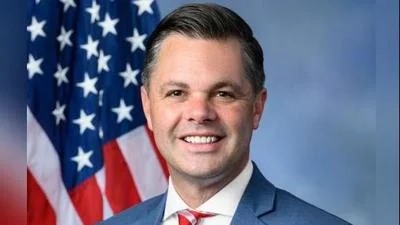Southern Iowa Mental Health Center issued the following announcement on July 29.
The COVID-19 pandemic upended life in the United States in many ways. Now, a new study confirms another effect: paranoia and belief in conspiracy theories, especially in areas with low adherence to mask mandates.
"Our psychology is massively impacted by the state of the world around us," said study author Phil Corlett, an associate professor of psychology at Yale University, in New Haven, Conn.
When the pandemic began, Corlett and his colleagues were already studying the role uncertainty plays in the development of paranoia (delusions of being persecuted or feeling extremely fearful). The researchers were using a simple card game in which rules could suddenly change, triggering a rise in paranoia and erratic behavior among the participants.
"We continued to gather data through lockdown and into reopening," Corlett said in a university news release. "It was one of those rare, serendipitous incidences where we were able to study what happens when the world changes rapidly and unpredictably."
Using online surveys and the same card games, the researchers detected increased levels of paranoia and erratic behavior among the general population in the United States during the pandemic.
Rates were higher in states where masks were mandated than in those with looser restrictions. But they were highest in areas where adherence to the rules were the lowest and where some people felt most strongly that the rules should be followed.
"Essentially people got paranoid when there was a rule and people were not following it," Corlett said.
The study also found that people with higher levels of paranoia were more likely to endorse conspiracies about mask-wearing and vaccines, as well as the QAnon conspiracy theory that the government is protecting politicians and Hollywood entertainers who are operating pedophile rings nationwide.
The study was published July 27 in the journal Nature Behavior.
Corlett noted conspiracy theories have flourished in the past during difficult times. One notable postulation contended that the 9/11 terrorist attacks were orchestrated by the U.S. government. "In times of trauma and great change, sadly, we have a tendency to blame another group," he said.
Original source can be found here.




 Alerts Sign-up
Alerts Sign-up